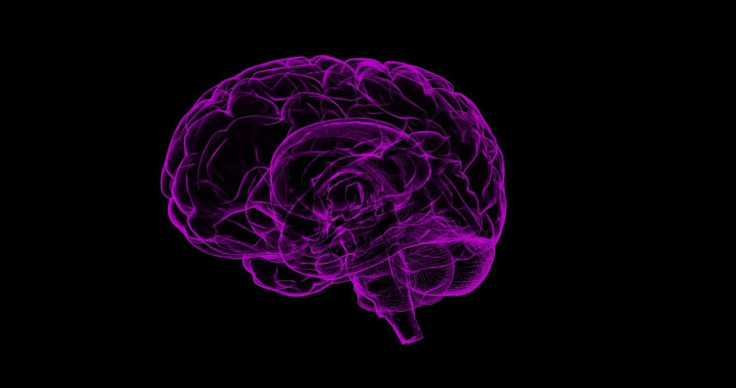Coronavirus Infection Could Lead To Delirium, Brain Damage And Neurological Problems
Although the coronavirus is primarily a respiratory disease that attacks our lungs, new studies show that it could also affect both our heart and brain, even in milder cases.
Coronavirus Also Affect Heart And Brain
When the COVID-19 pandemic first struck, we were advised to wear face masks in order to cover our mouths and noses. This was because as a disease, COVID-19 initially targets our respiratory system by attacking our lungs, causing complications such as pneumonia-like symptoms, difficulty in breathing and dry cough.
However, it seems like SARS-CoV-2 isn’t content in attacking our lungs. A growing body of research is linking the supposed respiratory disease with fatal brain damage and neurological problems.
Last Wednesday, a study published in the journal Brain revealed that some coronavirus patients experienced brain swelling that’s usually accompanied by delirium episodes. Then there were also some who developed life-threatening strokes while a number had developed nervous system disorders, like Guillain-Barré syndrome that could cause paralysis. Additionally, these conditions were not limited to patients with severe cases because they also appeared in milder ones.
"We're seeing things in the way COVID-19 affects the brain that we haven't seen before with other viruses. You can have severe neurology, you can be quite sick, but actually have trivial lung disease," Michael Zandi, one of the new study's co-authors, said.
To make the study, the study authors reportedly examined 43 coronavirus patients aged 16 to 85. All of them were treated at the National Hospital for Neurology and Neurosurgery in London between April 9 and May 15.
Ten of these patients soon experienced episodes of delirium after having severe swelling in their brains, with one 55-year-old woman developing Capgras delusion, a psychiatric disorder in which a person thinks a friend or family member has been replaced by an identical imposter, not long after getting discharged.
Another dozen patients also experienced swelling, while seven other patients were diagnosed with Guillain-Barré syndrome .
As such, the researchers believe that doctors should follow up with recovered COVID-19 patients to check whether the pandemic had any long-term consequences on their brains.

Published by Medicaldaily.com



























